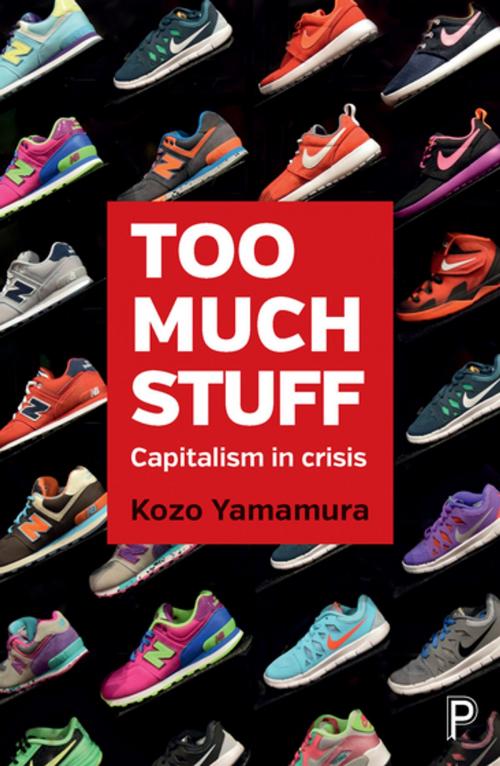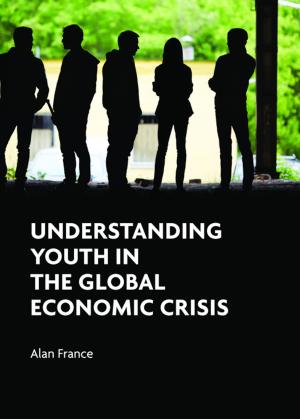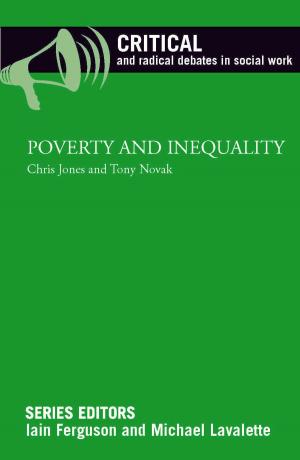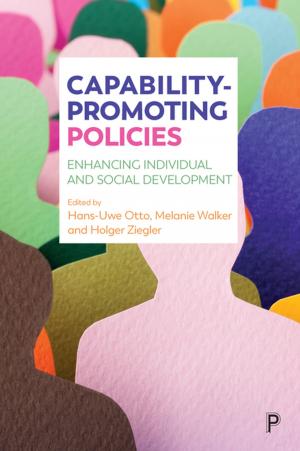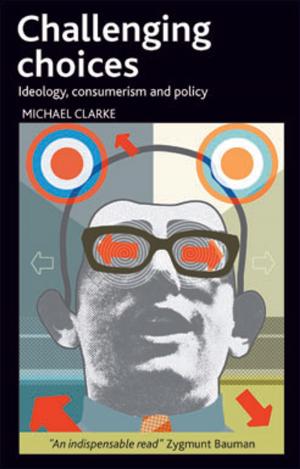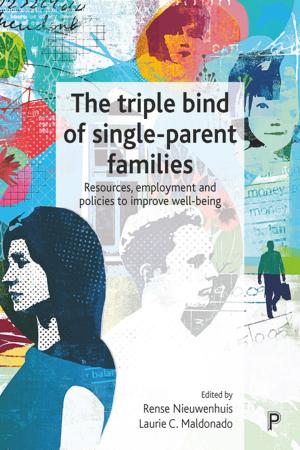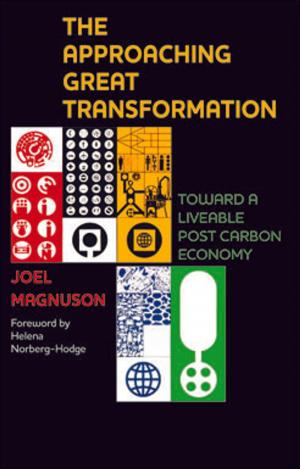Too much stuff
Capitalism in crisis
Nonfiction, Social & Cultural Studies, Political Science, Politics, Economic Policy, Business & Finance| Author: | Yamamura, Kozo | ISBN: | 9781447335672 |
| Publisher: | Policy Press | Publication: | March 2, 2017 |
| Imprint: | Policy Press | Language: | English |
| Author: | Yamamura, Kozo |
| ISBN: | 9781447335672 |
| Publisher: | Policy Press |
| Publication: | March 2, 2017 |
| Imprint: | Policy Press |
| Language: | English |
Where has capitalism gone wrong? Why are advanced capitalist economies so sick and why do conventional policy solutions, such as reduced taxes and increased money supply, produce only wider income disparity and inequality? We now live in a new world in which we enjoy the highest living standard in history, acquiring ever more goods and services as necessary luxuries. Yet current policies only serve to expand public debt and exacerbate socio-economic inequality. In Too much stuff, Yamamura upends conventional capitalist wisdom to provide a new approach. He suggests the only way for capitalism and democracy to thrive is to increase investment to meet societal needs such as improving social safety nets, infrastructure, and better education and health care for all, but this means raising taxes. Both solutions-orientated and accessibly written, this book argues that this will help reduce the growing wealth gap which threatens global democracy. With fascinating examples from the US, Japan and Germany, as well as convincing evidence from across the Western world, this bold book challenges the economic orthodoxy and offers practical steps forward that we can all support.
Where has capitalism gone wrong? Why are advanced capitalist economies so sick and why do conventional policy solutions, such as reduced taxes and increased money supply, produce only wider income disparity and inequality? We now live in a new world in which we enjoy the highest living standard in history, acquiring ever more goods and services as necessary luxuries. Yet current policies only serve to expand public debt and exacerbate socio-economic inequality. In Too much stuff, Yamamura upends conventional capitalist wisdom to provide a new approach. He suggests the only way for capitalism and democracy to thrive is to increase investment to meet societal needs such as improving social safety nets, infrastructure, and better education and health care for all, but this means raising taxes. Both solutions-orientated and accessibly written, this book argues that this will help reduce the growing wealth gap which threatens global democracy. With fascinating examples from the US, Japan and Germany, as well as convincing evidence from across the Western world, this bold book challenges the economic orthodoxy and offers practical steps forward that we can all support.
